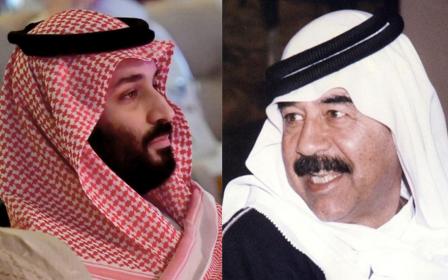Saudi Arabia is reportedly planning to impose harsh sentences on nearly a dozen young Shia men from the oil-rich Qatif region over trumped-up allegations of involvement in terrorist activities, as the kingdom continues its crackdown on Shia Muslims and democracy campaigners.
Lebanon’s Arabic-language al-Ahed news website, citing informed opposition sources, reported that the eleven residents of Umm al-Hamam village were arrested by regime forces during an operation last year, similar to frequent raids that the troops conduct in the region.
The sources condemned Saudi officials’ bids against the young men as “an attempt by the Riyadh regime to politically blackmail those whom it considers as opponents.”
They went on to say that there is no evidence to incriminate the defendants, stressing that they expect their trials to be very unfair and severe sentences to be handed down to them based on confessions extracted under torture.
The sources further said that the Public Prosecution intends to order the execution of one of the detained young Shia men, identified as Ali al-Alawi, and long prison sentences for the rest.
READ ALSO: Mali PM slams France’s plots to partition African country
Saudi Arabia has stepped up politically-motivated arrests, prosecution, and conviction of peaceful dissident writers and human rights campaigners, in particular in the Eastern Province.
The province has been on the scene of peaceful demonstrations since February 2011. Protesters have been demanding reforms, freedom of expression, the release of political prisoners, and an end to economic and religious discrimination against the region.
The protests have been met with a heavy-handed crackdown, with regime forces increasing security measures across the province.
Ever since Crown Prince Mohammed bin Salman became Saudi Arabia’s crown prince and de facto leader in 2017, the kingdom has arrested dozens of activists, bloggers, intellectuals, and others perceived as political opponents, showing almost zero tolerance for dissent even in the face of international condemnations of the crackdown.
As a result, Islamic scholars have been executed, women’s rights campaigners have been put behind bars and tortured, and freedom of expression, association, and belief continue to be denied.
Over the past years, Riyadh has also redefined its anti-terrorism laws to target activism.
In January 2016, Saudi authorities executed Shia cleric Sheikh Nimr Baqir al-Nimr, who was an outspoken critic of the Riyadh regime. Nimr had been arrested in Qatif in 2012.













